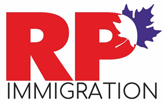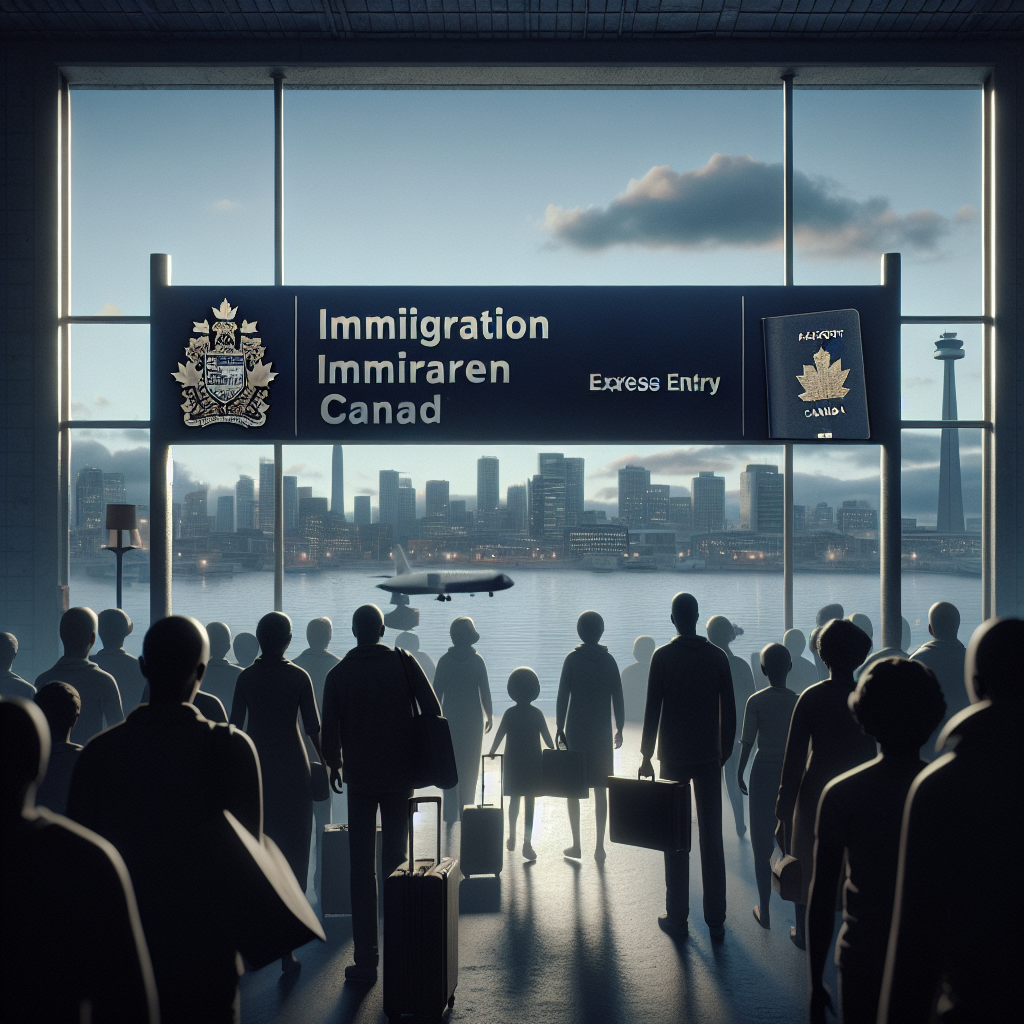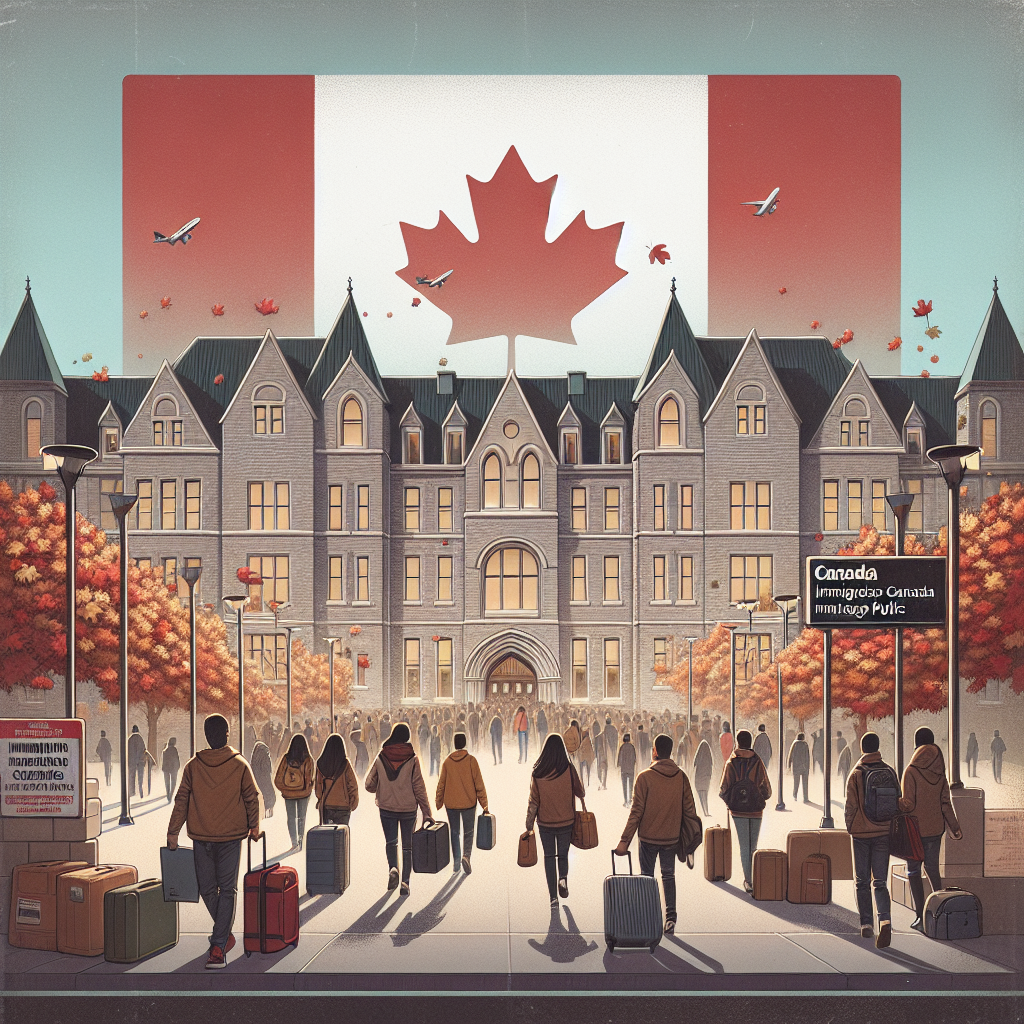Good news for aspiring immigrants! New Brunswick has officially resumed issuing invitations under its Provincial Nominee Program (PNP), starting with the first draw of December 2025. If you’ve been eyeing New Brunswick as your future home in Canada, this update might be just what you’ve been waiting for.
What’s Happening in New Brunswick’s PNP?
After a brief pause, New Brunswick is back in action with its immigration draws, kicking off December with a fresh round of provincial invitations. These draws are part of the province’s broader strategy to attract skilled workers who can contribute to the local economy and fill key labor gaps.
How Do Provincial Nominee Draws Work?
In simple terms, provinces like New Brunswick can invite immigrants through their own PNP streams. These streams are tailored to meet the specific needs of the province. Once candidates receive a nomination, they can apply for Canadian permanent residency through Immigration, Refugees and Citizenship Canada (IRCC).
Key Highlights from the December Draw
The first draw of the month took place in early December 2025. Here’s a quick breakdown of what happened:
- Date of Draw: Early December 2025
- Number of Invitations: Not publicly specified
- Streams Included:
- Skilled Worker Stream
- Express Entry Stream
- International Graduates
- Occupations Targeted: Focused on in-demand jobs to support New Brunswick’s growing sectors
While exact numbers weren’t revealed this time, the renewed activity itself is a strong sign that the province is ready to welcome fresh talent.
Who Might Be Interested in This News?
If you’re a skilled professional eyeing Canadian immigration, especially via the PNP route, this is a big opportunity. New Brunswick needs talent across various fields such as healthcare, trades, tech, and more. The province frequently targets candidates with experience relevant to its labor demands.
Graduates from Canadian universities who studied in New Brunswick will also find this draw meaningful. The International Graduates stream often aligns well with those already familiar with the province.
Why Did New Brunswick Resume PNP Invitations?
Periods of inactivity in immigration draws can happen for various planning and logistical reasons. The resumption suggests that the province is aligning its goals with Canada’s broader immigration strategy. It’s also an attempt to address skill shortages in key sectors such as healthcare, education, and information technology.
With Canadian provinces facing aging populations and growing labor market needs, immigration remains a top solution. And for New Brunswick, selecting candidates through PNP gives more control over who settles in the province.
How Can You Prepare for the Next Draw?
Planning is key! Here’s how you can position yourself for future invitations:
- Check Eligibility: Review the criteria under New Brunswick’s different PNP streams.
- Create an EOI Profile: Expression of Interest profiles are essential for New Brunswick’s selection process.
- Improve Your CRS Score: For candidates applying through the Express Entry route, a high score makes all the difference.
- Targeted Occupation Lists: Stay updated on which jobs are in demand to boost your chances.
- Language Tests and Credential Assessments: Make sure certifications like IELTS and ECA are ready to go.
Think of it like planting seeds. Prepare everything now, so when the next draw comes around, you’re ready to bloom.
Why Choose New Brunswick?
Beyond immigration procedures, New Brunswick itself offers a high quality of life and a welcoming atmosphere. From picturesque coastlines to vibrant small towns and growing cities like Moncton and Fredericton, it’s a place where many newcomers thrive.
Here are a few perks of living in New Brunswick:
- Affordable cost of living
- Friendly communities and multicultural vibe
- Access to public healthcare and education
- Strong job market in key sectors
And if you’re someone who enjoys less hustle and more connection with nature or neighbors, then New Brunswick might just be your sweet spot in Canada.
Looking Ahead
This December draw marks a fresh start for people hoping to immigrate through New Brunswick’s PNP. While more details about future draws will likely come in the weeks ahead, it’s clear the province is back in recruitment mode.
If you feel this may be your path, now is a great time to brush up on the latest requirements, fine-tune your profile, and keep an eye out for updates from the province.
Final Thoughts
Canada’s provinces play a big role in shaping who gets invited through immigration. With New Brunswick restarting its PNP draws, it’s a strong signal that opportunity is once again knocking—especially for skilled and ready professionals.
So, whether your dream is to live closer to nature, enjoy a peaceful living environment, or start a new career path in Canada, keep an eye on New Brunswick. This might just be your chance to make it happen.











